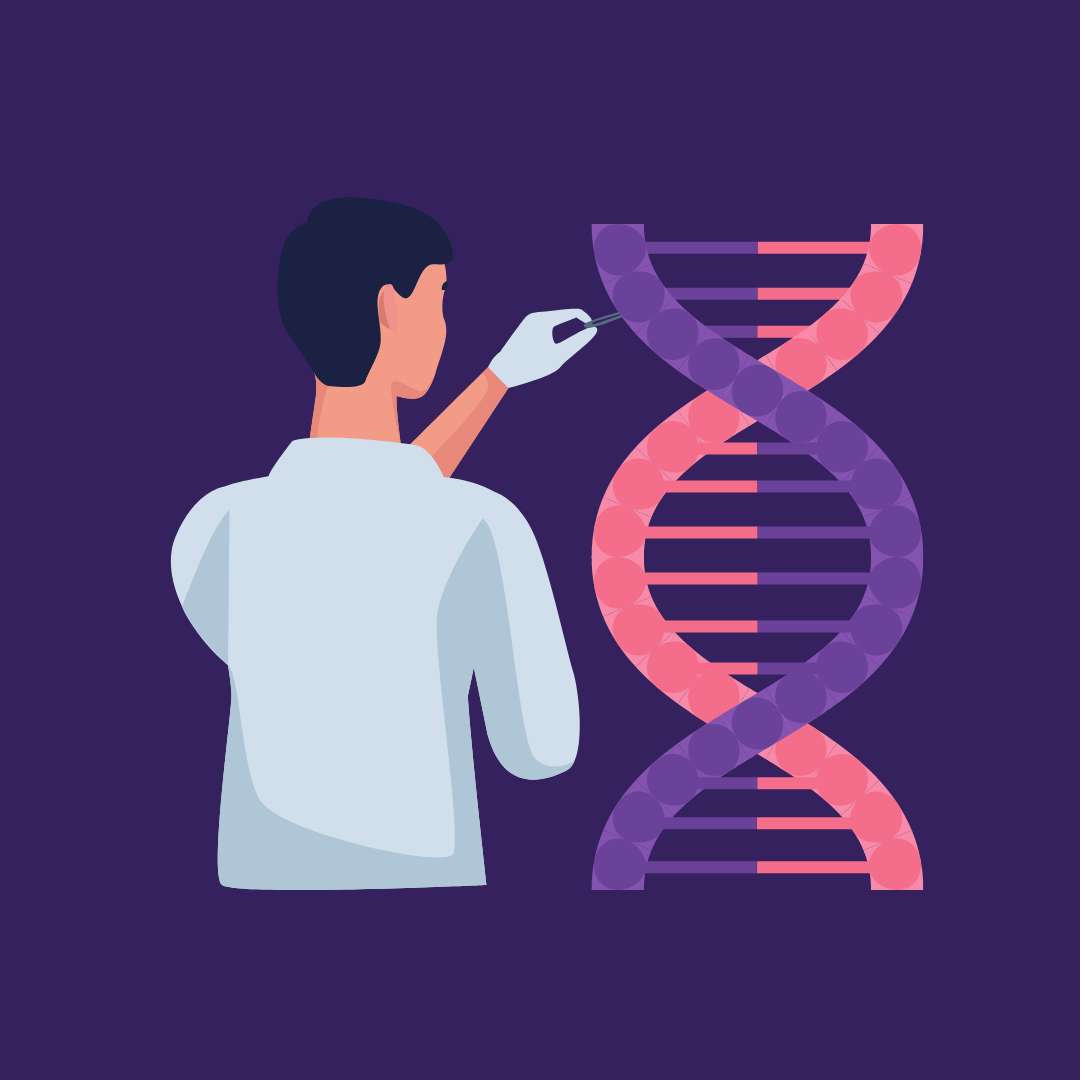Aggregated News

It has been seven years since Chinese biophysicist He Jiankui made an announcement that shocked the world's scientists.
He had made the world's first gene-edited babies.
Through rewriting DNA in twin girls' embryos, the man who would later be dubbed "China's Frankenstein" claimed he had made them immune to HIV.
But the experiment was swiftly condemned as "monstrous" and deeply unethical by a shell-shocked scientific community.
And He Jiankui was ultimately sentenced to three years in jail for violating medical regulations.
However, as the dust has settled in the years since, the race to advance gene editing has shown no signs of slowing down, spurred on by starry-eyed Silicon Valley investors, entrepreneurs and even pronatalists.
And by April this year, He Jiankui was back — announcing a new venture aimed at editing human embryos to create people resistant to diseases like Alzheimer's or cancer.
Months later, his ex-wife, Cathy Tie, unveiled Manhattan Project — the first company to publicly announce plans to create gene-edited babies, promising to prevent "thousands of diseases".
But although this science is advancing, it remains...



